What you’ll learn:
- Drinking rice water for weight loss, sometimes called “rice-zempic,” refers to the trend of drinking the leftover, starchy water that comes from boiling raw rice in water
- Drinking this water might fill you up temporarily from hydration, but there aren’t enough benefits in this water to make a difference in your weight
- Because of some potential safety concerns, it’s better to eat fiber-rich foods than drink this starchy beverage.
“Rice-zempic” is the name people have given a trendy new “drink” that they claim can lead to weight loss. The name is a play on Ozempic, the diabetes drug often used off-label for weight loss. And the claims are bold.
Fans say that drinking the leftover water from making rice or soaking rice in water can lead to rapid weight loss, regulate blood sugar, and increase feelings of fullness.
This isn’t the first time we’ve heard of viral drinks that people believe can help with weight loss, with names that sound like popular medications. “Oatzempic” and “natural Mounjaro” are also clear nods to GLP-1 medications. And, not surprisingly, Oatzempic, a smoothie made with oats, water, and lime, and “natural Mounjaro,” a drink made with honey, lemon, juice, and ginger, don’t have any magical ability to help people lose weight.
So what about rice water? Proponents suggest it’s a hidden weight-loss secret. But is there any evidence that the starchy water left after soaking or cooking rice can actually help with weight loss? We’ll separate fact from fiction to break down this trend, explore potential benefits, share expert insights, and cover safety tips before you consider giving it a try.
What is the rice water weight loss trick?
The “rice water weight loss trick” refers to the trend of drinking the starchy water left over from soaking or boiling rice. People claim that this rice water can help you:
- Feel fuller: This could lead you to eat less overall.
- Help your metabolism: Some people believe that compounds in rice water might help your body use insulin better.
- Keep you hydrated: It’s thought that the added nutrients from the soaked rice could boost hydration.
How to make rice water for weight loss
Part of the popularity of rice-zempic is that it’s easy to make. All it takes for the most basic recipe is rice and water. Here’s how people do it:
- Take 2 tablespoons of raw rice (any kind).
- Add a half cup of cold, hot, or boiling water.
- Let the rice soak in the water for anywhere from 10 minutes to overnight (depending on who you ask).
- Strain the liquid, discarding the rice, and drink the rice water.
- Optional: Add a squeeze of lime or lemon juice for flavor.
Does drinking rice water actually help you lose weight?
While the idea of a natural weight loss drink is appealing, most of the core claims behind drinking rice water for weight loss aren’t based in science. Let’s look at each one individually.

Claim 1: The resistant starch in rice water can help with appetite control
Verdict: Probably not.
Resistant starch is a type of fiber that can help with gut health and appetite control, but it’s mainly created when starch carbohydrates, like rice, are cooked and then cooled. This starch acts like a prebiotic fiber. Prebiotic fibers are types of carbohydrates your body can’t fully digest; instead, they feed the “good” bacteria in your gut, leading to a healthy microbiome.
“Prebiotic fiber acts as fuel for the good bacteria in your gut,” explains Dr. Karen Mann, Noom Medical Director. “When these microbes break it down, they produce short-chain fatty acids, which help strengthen your gut lining and may even play a role in regulating metabolism and appetite. But there’s unlikely to be enough in rice water.”
Raw rice contains very little resistant starch, less than 1 gram per 100 grams (about 1/2 cup). This means even less will get into the rice water. According to some studies, people need 15 to 20 grams of resistant starch daily for it to have a meaningful effect on their metabolism.
Claim 2: Rice water has nutrients that help you feel fuller for longer
Verdict: False.
Similar to the first claim, this one also isn’t scientifically sound. There aren’t enough nutrients in rice water to provide any feelings of fullness. One study found that soaking unwashed rice in cold water left trace amounts of minerals such as calcium, copper, iron, magnesium, manganese, and zinc. But the levels of nutrients in the water are very small compared to what you’d get from actually eating rice or other whole foods. Also, it’s important to keep in mind that this preparation was studied for cosmetic uses in hair and skin care, not for drinking.

Claim 3: Rice water controls blood sugar.
Verdict: Not really.
As we said, rice that’s been cooled has resistant starch. Resistant starch isn’t fully digested and ferments in the large intestine, which studies say may help your body use insulin better. But rice water has next to no resistant starch.
“Instead of drinking rice water, look for foods that are proven to benefit the gut,” says Dr. Mann. “Some of the best options are garlic, onions, asparagus, bananas—especially when they’re slightly green—oats, apples, beans, lentils, and barley. These foods help nourish your gut bacteria, which in turn support digestion, metabolism, and overall wellness.”
Is rice water safe to drink?
Besides the fact that this drink doesn’t have many health benefits, it probably isn’t dangerous if you drink it infrequently and follow common food safety guidelines. In rare instances, the rice water trend could have some serious health risks that you should know about. Here’s what you want to keep in mind.
The potential for food poisoning
Rice water can become unsafe due to a bacterium called Bacillus cereus, which is commonly found in rice. While normal cooking kills active bacteria, some spores can survive high temperatures. The real risk isn’t from rice steeped briefly in hot water, but from rice that’s been cooked or soaked and then left out for hours. In this warm, moist environment, spores can germinate, multiply, and produce toxins that cause food poisoning. Because these toxins are heat-resistant, reheating won’t make the rice—or the rice water—safe to consume. Symptoms typically include nausea, vomiting, and diarrhea, and can last for a day or two. Though there have been cases of people dying from this type of food poisoning.
If you feel ill after drinking rice water, contact a doctor.
Heavy metal contamination
Rice plants are known to absorb heavy metals—like arsenic, lead, and cadmium—from the soil and water they’re grown in. Consuming uncooked rice water on a regular basis could expose you to higher levels of these toxins, which can have long-term health consequences.
Arsenic in particular can affect brain development and increase the risk of cancer and heart disease. One study found that boiled water left behind more arsenic, so it’s possible that using cold water to soak the rice could be safer. But, again, no rice water of any type has been tested as a daily beverage.
Safer ways to try rice water for weight loss
While it’s impossible to bring the risk down to zero, here are some tips to lower your risk of food poisoning and exposure to heavy metals:
- If you’re worried about microbes: Using boiling water instead of room temperature water is the safest method for potentially killing off any bacteria present in the uncooked rice or water. Limit drinking this water due to the potential for heavy metal exposure.
- If you’re worried about heavy metal levels: Use cold water and soak the rice longer. Be sure to refrigerate the rice as you soak it to deter the growth of bacteria.
- Airtight container: If storing the drink, use a clean, airtight container to prevent contaminants from getting in.
- Refrigerate: Once you have your rice water, it must be stored in the refrigerator and discarded after two to three days.
- Limit your use: Consider drinking rice water only on a limited basis to avoid exposure to heavy metals.
Can brown rice be used to make rice water?
Yes, but it won’t be more nutritious. When eaten, brown rice has more nutrients than white rice. As a whole grain, it delivers more fiber, vitamins, and minerals—one cup of cooked brown rice has about 3.5 grams of fiber, compared to less than 1 gram in white rice.
When used for rice water, there is no clear winner. One study found that because brown rice contains more minerals than white rice, the water left behind after soaking may also carry slightly higher levels of nutrients. Another study says the opposite, that white rice leaves behind more nutrients in the water.
Our takeaway? The studies here aren’t very conclusive, and there isn’t enough data to make any broad recommendations about your health.
And again, the “good stuff” leftover in the water is so minimal that it won’t make a meaningful difference. In other words, it doesn’t really matter whether you use brown or different varieties of white rice for your “rice-zempic” drink.
Rx weight loss, the right way, with Noom
Get access to prescription weight loss medication with Noom.The bottom line: Rice water or “rice-zempic” won’t help you lose weight
While the promises of rice water for weight loss are compelling, they don’t live up to the claims. That’s because a single drink isn’t the path to weight loss or long-term weight management. If you like the taste, rice water is generally safe to drink if you follow food safety rules.
If you’re looking for lasting weight loss and better health, a safer and more effective approach is to increase your intake of fiber from whole foods and maintain a balanced diet. Foods like whole grains, legumes, vegetables, nuts, and seeds are rich in fiber, which helps you feel full longer, supports gut health, and can aid in weight management. Pair them with lean proteins, fruit, and healthy fats while maintaining a calorie deficit if you’re interested in losing weight.
Need help? Sign up for a free trial of Noom to learn more about the path to sustainable weight loss and living a healthier life.
Why you can trust us
At Noom, we’re committed to providing health information that’s grounded in reliable science and expert review. Our content is created with the support of qualified professionals and based on well-established research from trusted medical and scientific organizations. Learn more about the experts behind our content on our Health Expert Team page.


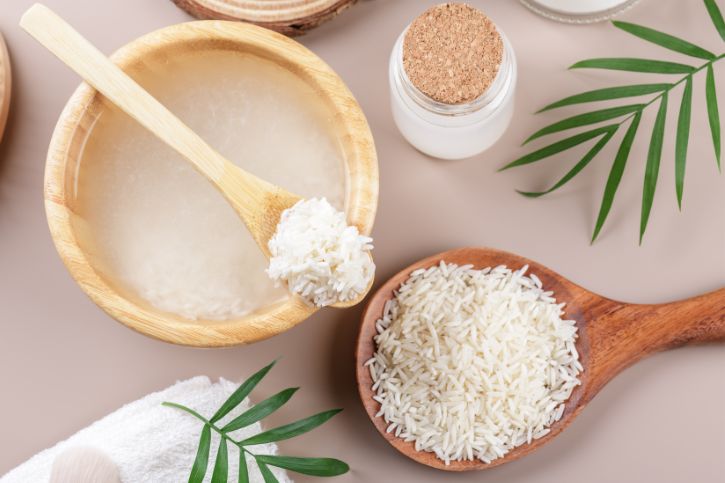



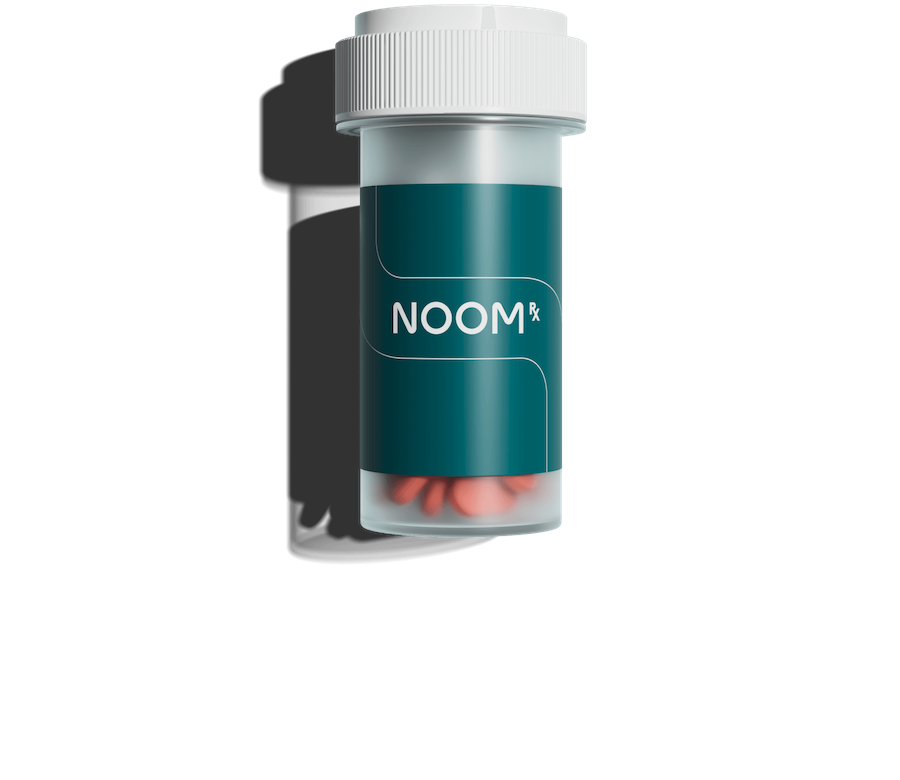

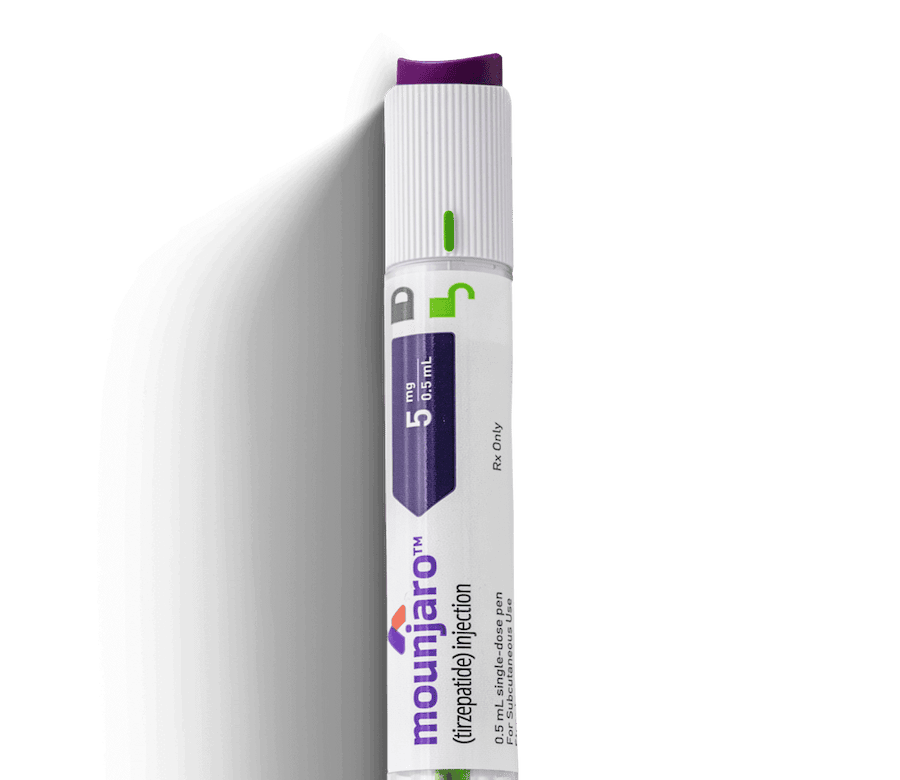
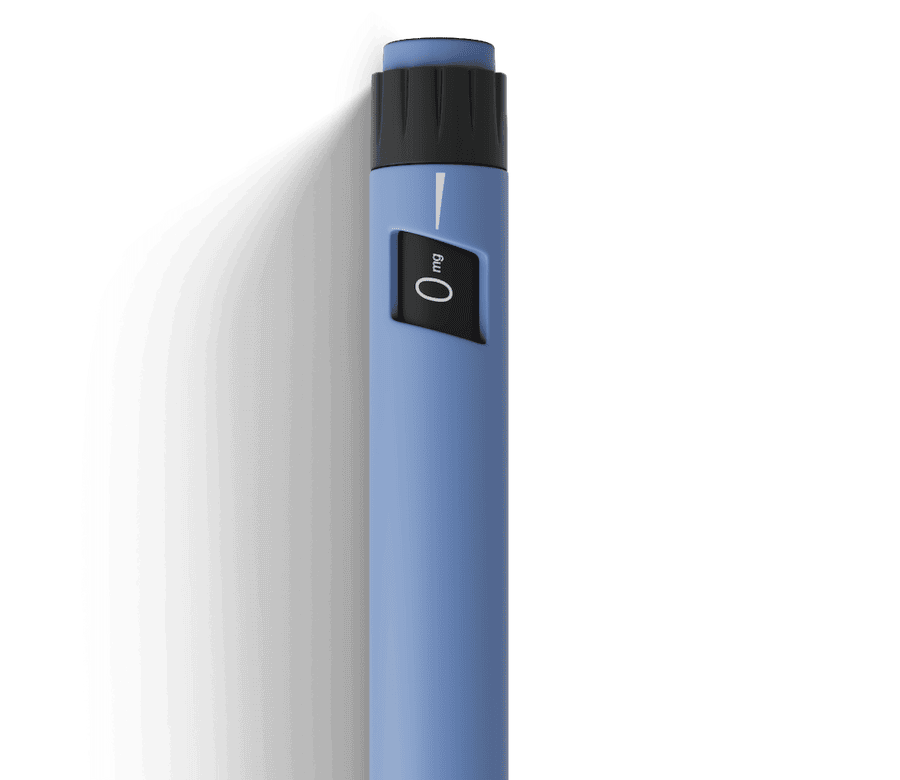
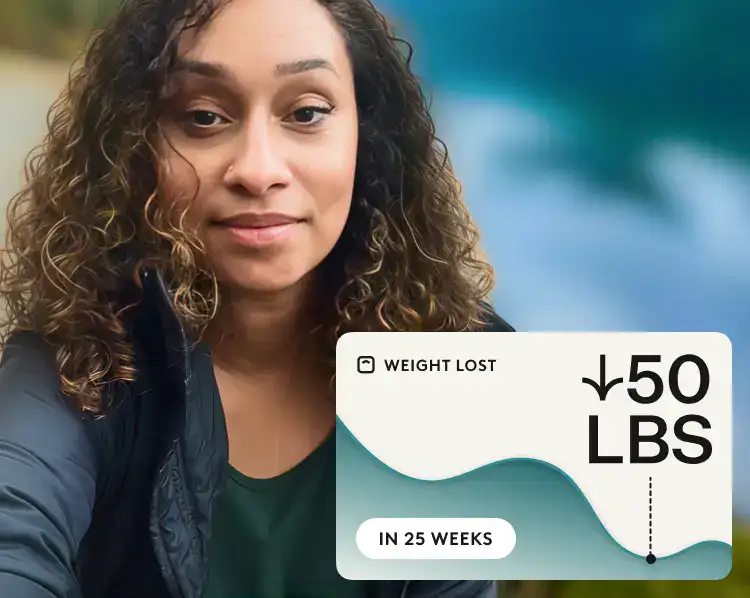
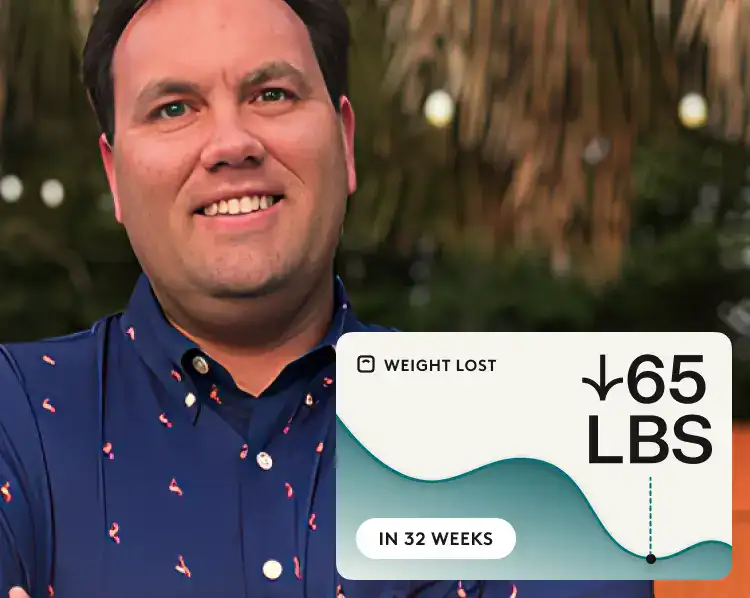
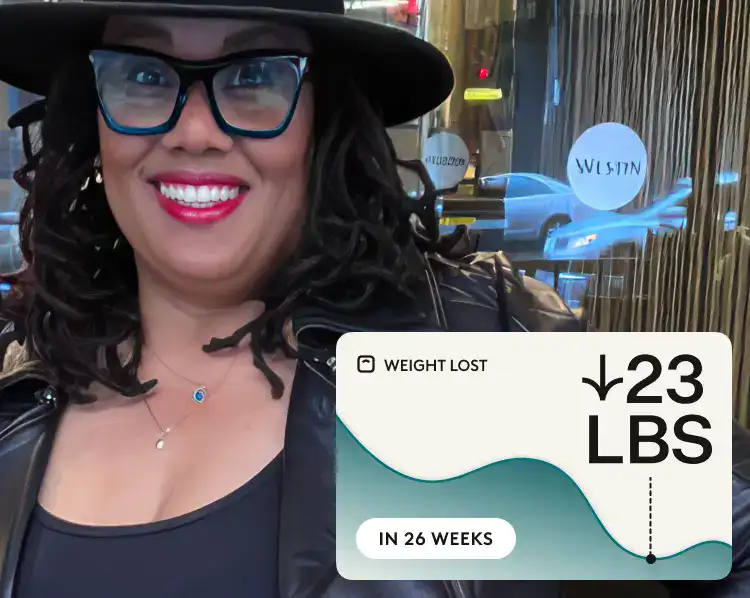
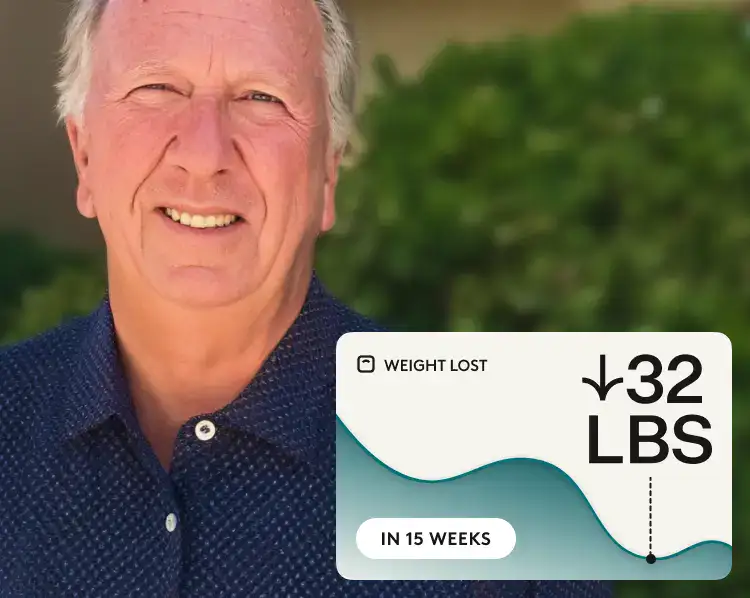
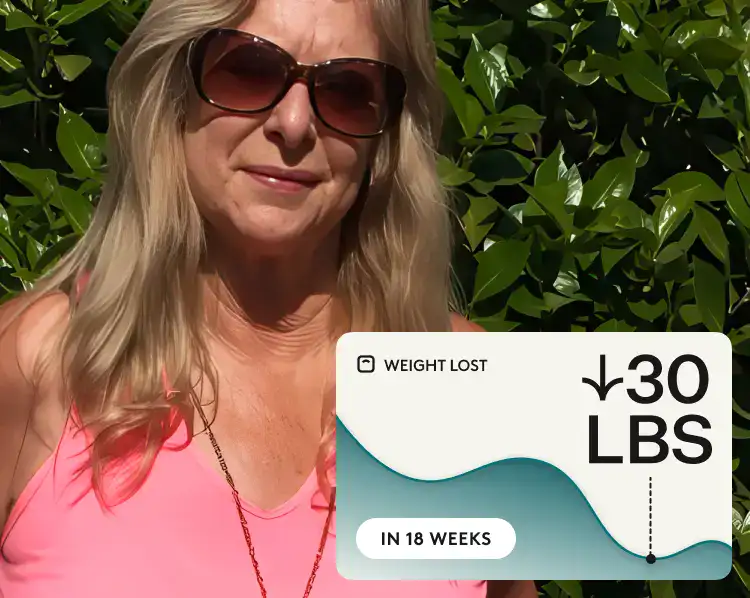


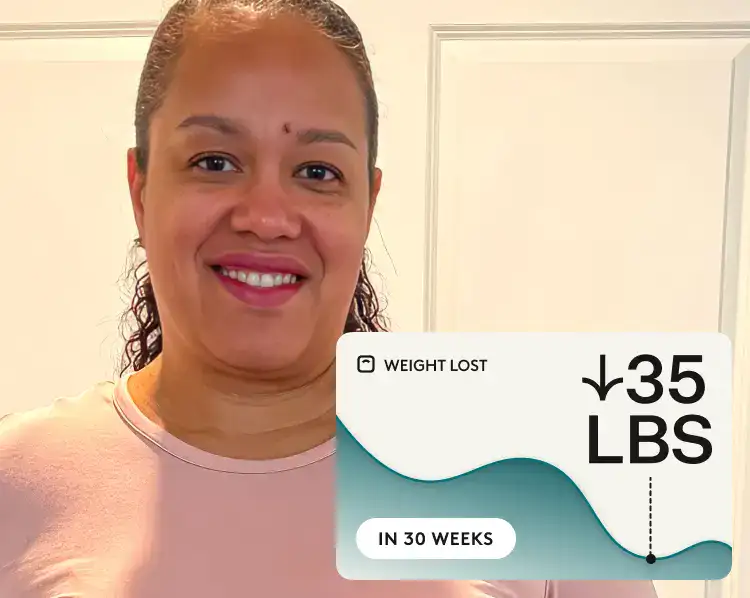
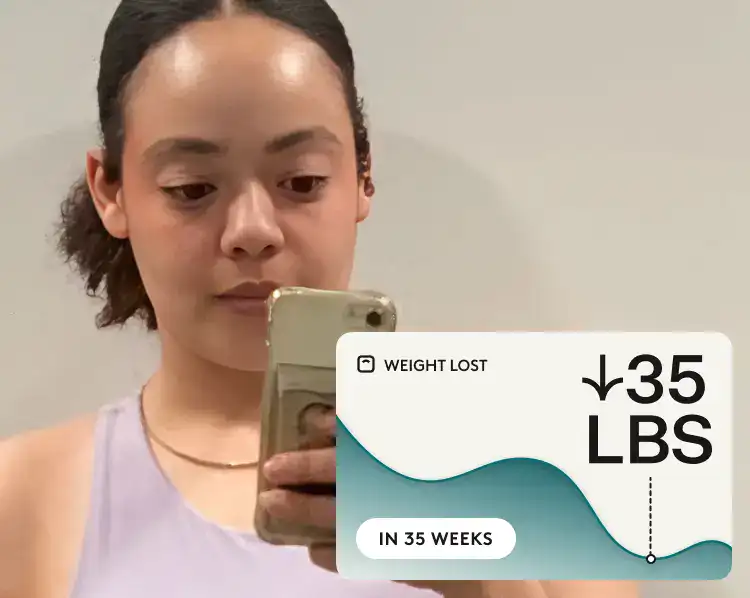



 Noom Team
Noom Team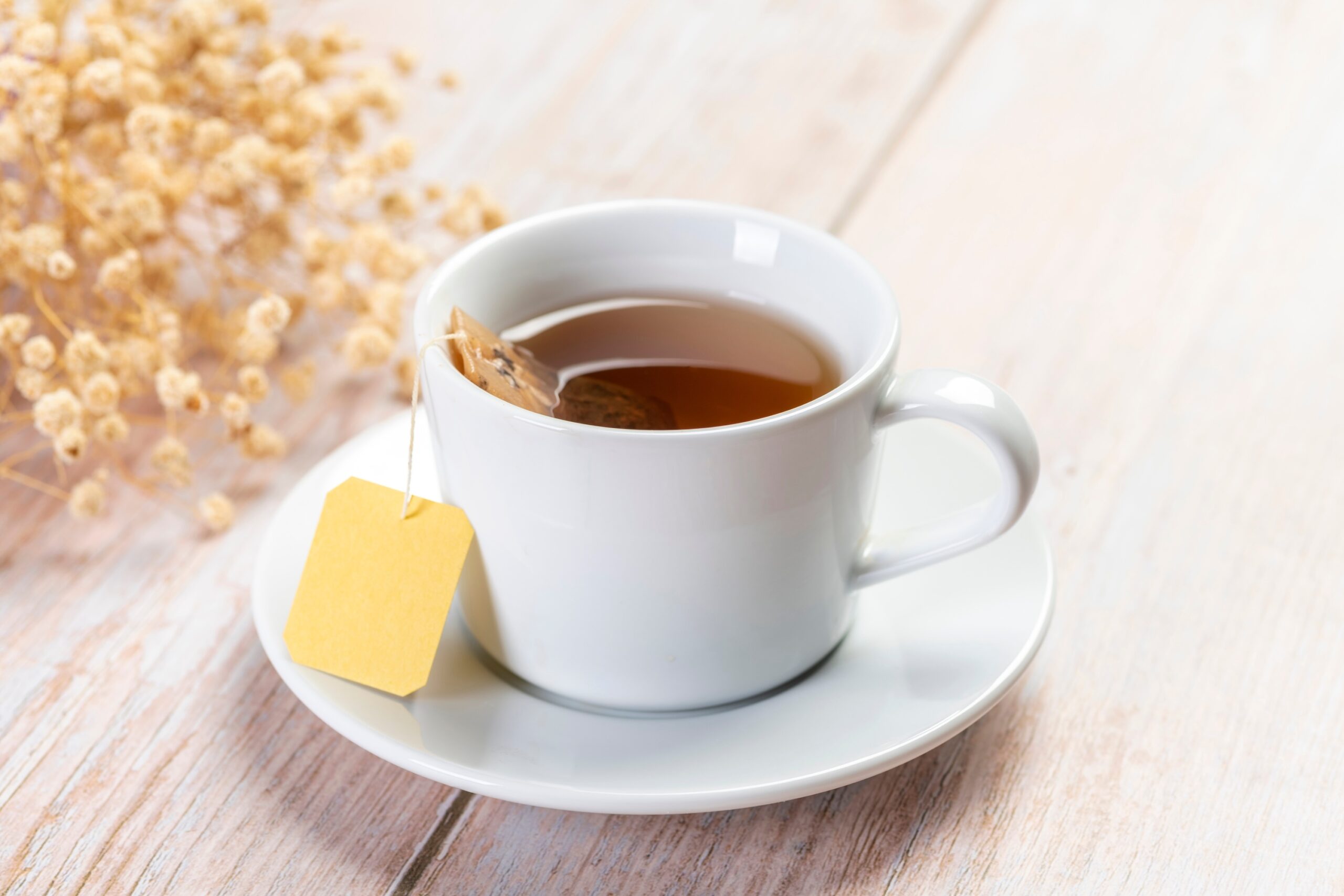
 Shoshana Fishbein
Shoshana Fishbein

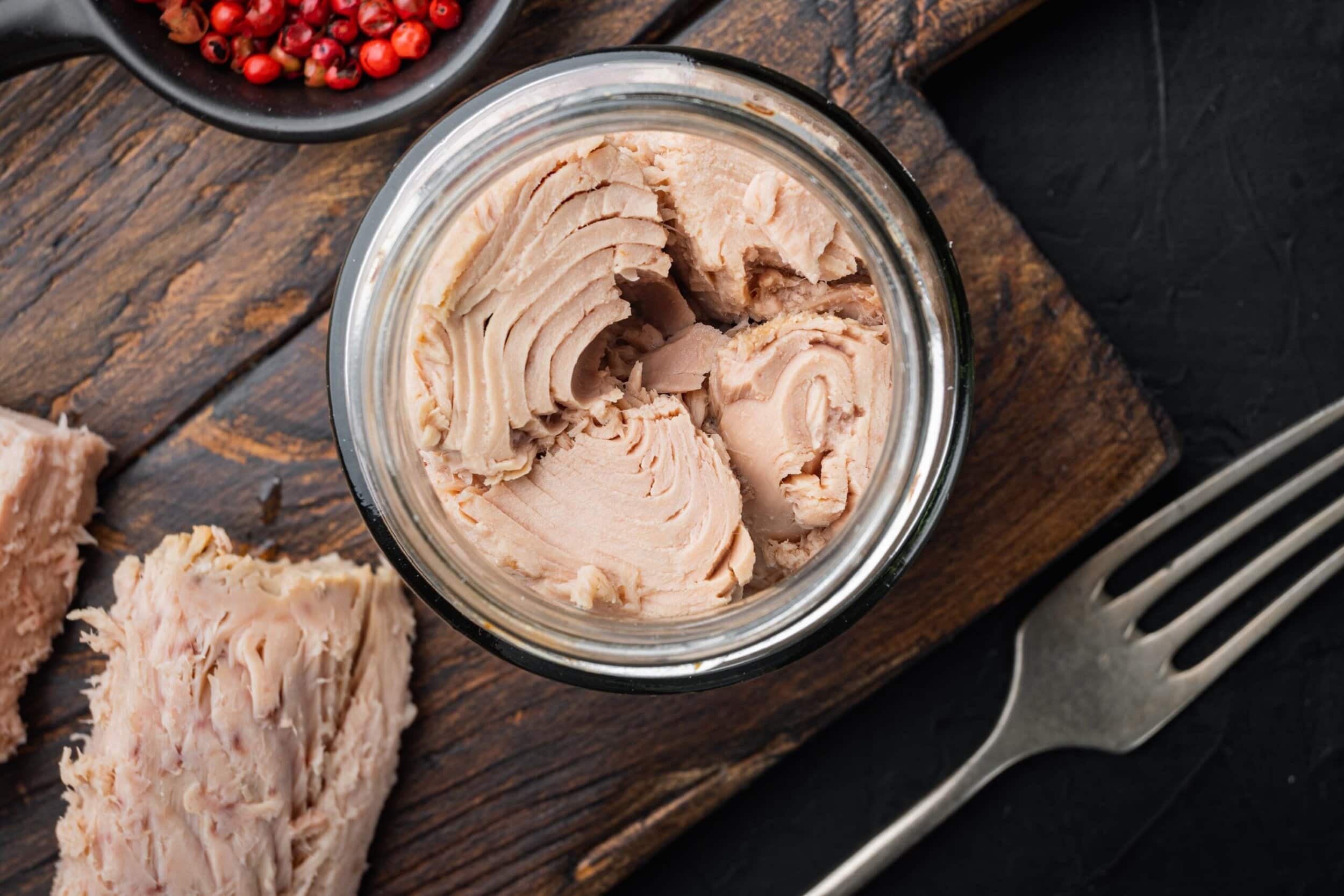
 Meaghan Cameron
Meaghan Cameron